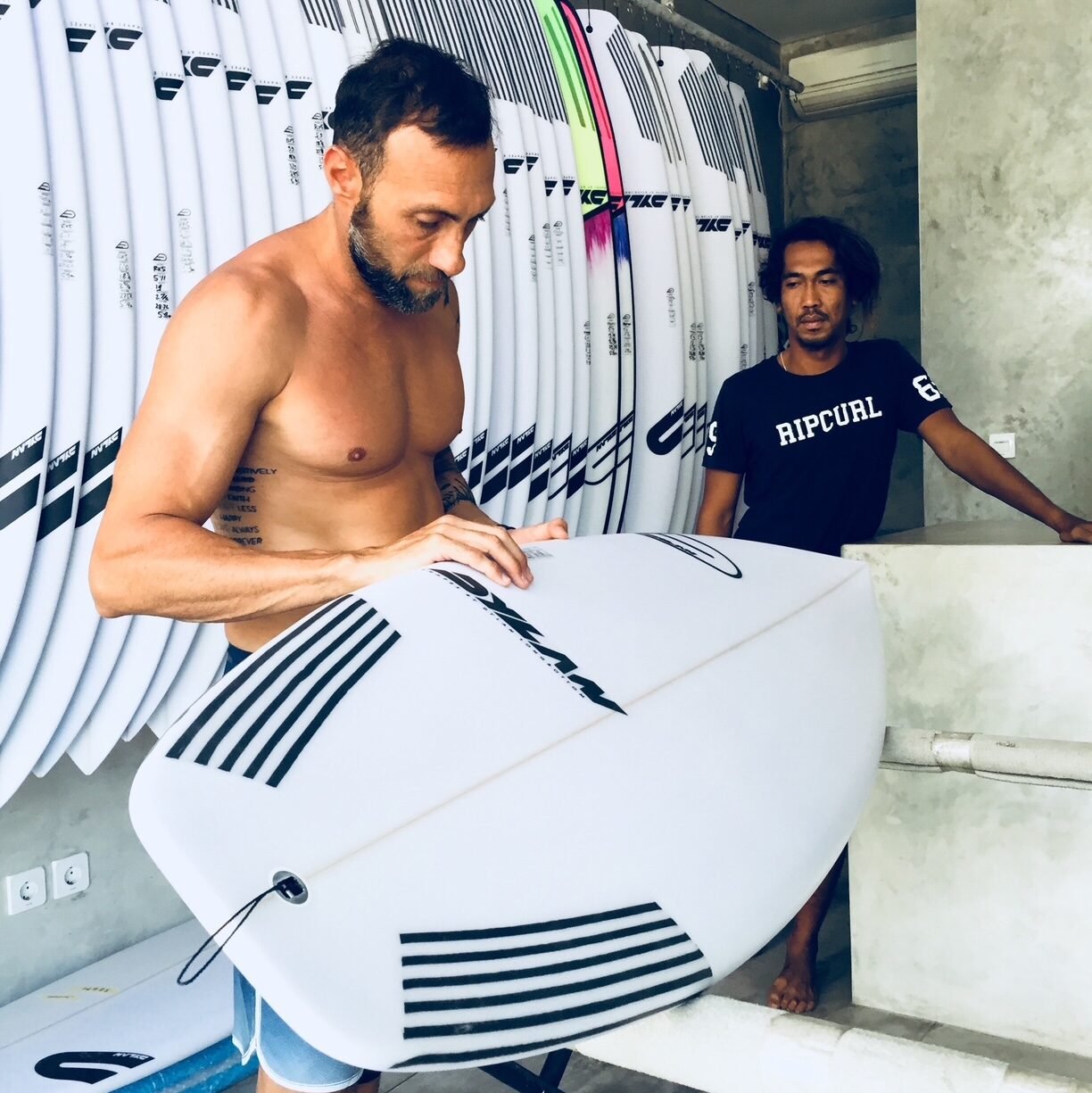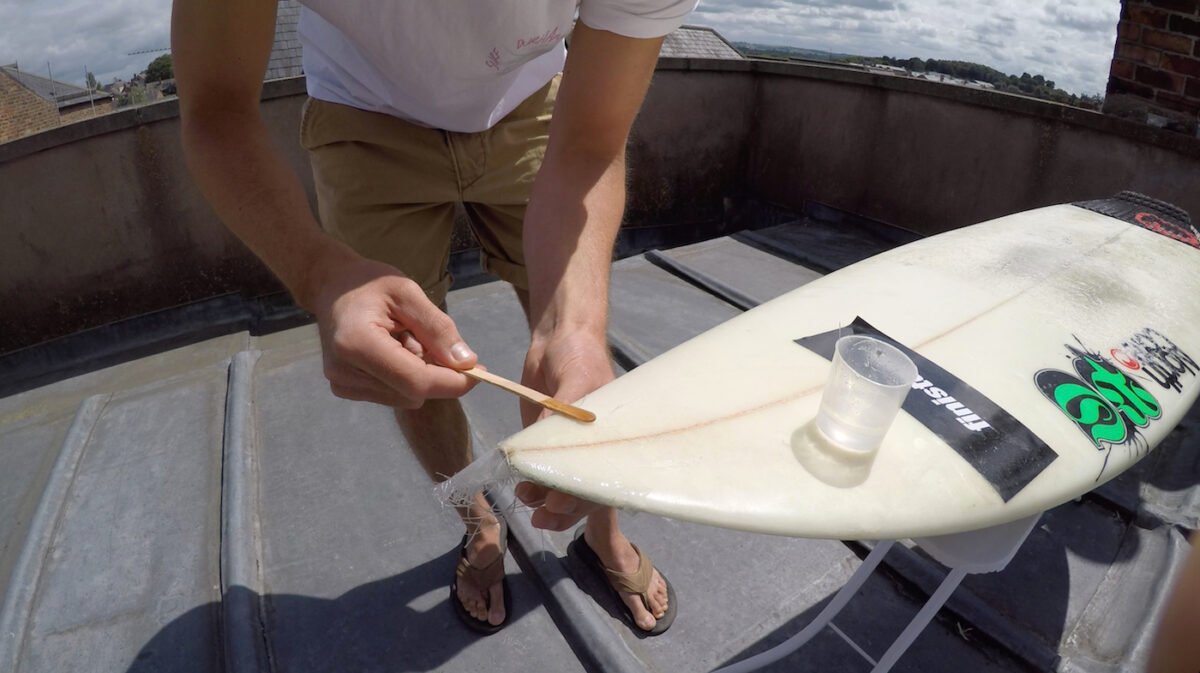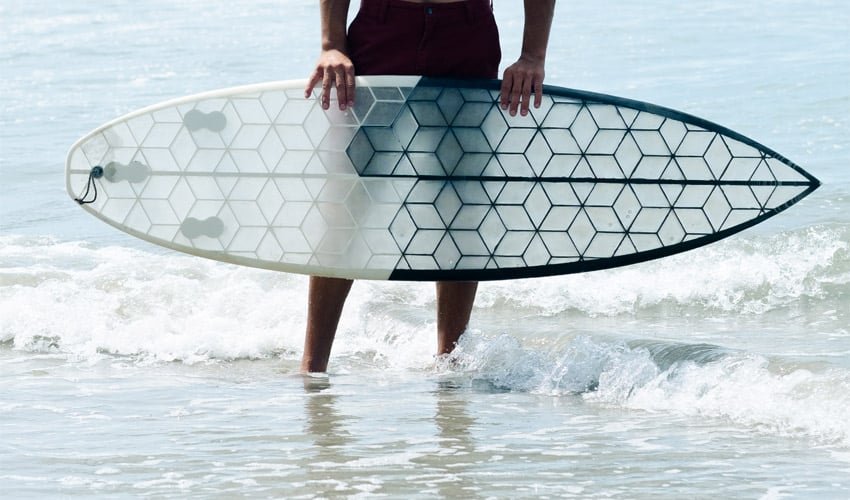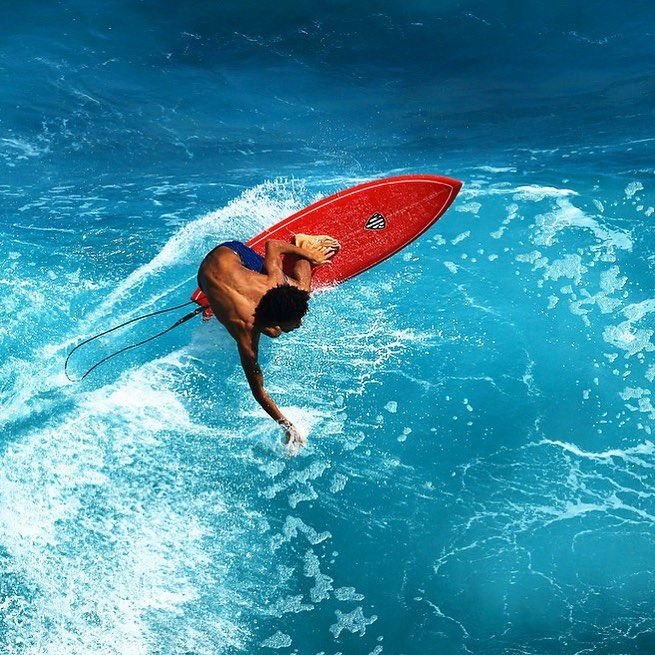Surfing is more than just a sport—it’s a personal journey of constant evolution. As you improve as a surfer, your needs change, and your surfboard should evolve with you. But how do you know when it’s time for an upgrade?
In this article, we break down the main signs that you need a new surfboard, from damage and wear to changes in style, skill level, or wave conditions.

H1. Your board is damaged or has been repaired too many times
With regular use, surfboards take a beating. Cracks, dings, and water damage can seriously affect performance. Here are some clear signs of structural decline:
- Water absorption that reduces buoyancy.
- Excessive repairs that alter how the board rides.
- Delamination or separation between layers.
- Feeling heavy or sluggish in the water.

H2. You’ve outgrown your current board’s performance
If you’ve progressed from beginner to intermediate or beyond, your first board may now be holding you back. You might notice:
- Difficulty doing sharp turns or advanced maneuvers.
- Lack of speed in fast sections.
- The board feels too big, bulky, or slow.

➡️ Upgrading to a more technical board can help you take your surfing to the next level.
H3. Your surfing style has changed
Every surfer develops their own rhythm and preferences over time. If your current board no longer aligns with your style, it’s worth considering a change:
- Prefer fast, radical turns? Try a shortboard.
- Want smooth, flowing rides? A mid-length or longboard may suit you better.
- Chasing big wave surfing? Time to explore a gun.

You can check our post https://www.southcoastsurfschool.com/how-to-choose-a-surfboard-according-to-your-level/
H4. It doesn’t match the waves you normally surf
Your local break and wave type should influence your board choice. You may need a different board if:
- You struggle to generate speed in small waves.
- Your board sinks or becomes unstable in bigger surf.
- It’s hard to manage in changing conditions.
➡️ Many surfers keep multiple boards for different wave types and destinations.

H5. You’re curious about new designs and technology
The surf industry evolves fast. Modern boards offer better materials and more efficient shapes. If you’re interested in trying new things, now might be the perfect time:
- Epoxy boards: lighter and more durable.
- Channeled bottoms and advanced contours for extra speed and control.
- Hybrid models that combine the best of various shapes.
➡️ Trying new shapes can boost your motivation and give new sensations in the water

H6. Your body has changed
Your physical condition—weight, strength, endurance—directly impacts what kind of board suits you best.
- If you’ve gained or lost weight, your board’s volume may no longer be ideal.
- If you’re stronger and more fit, you may be ready for a smaller, more responsive board.
H7. You just want something new
Sometimes you don’t need a technical reason—you just want a fresh experience. Trying a new shape or style can reignite your excitement for surfing and help you grow in new directions.

Conclusion: Trust Your Surfer Instinct
Knowing when to change your surfboard is crucial for your progress and enjoyment. Whether it’s due to damage, skill level, style, or curiosity, the right board can completely transform your sessions.
Remember: the right surfboard doesn’t just improve your performance—it enhances your entire surfing experience.